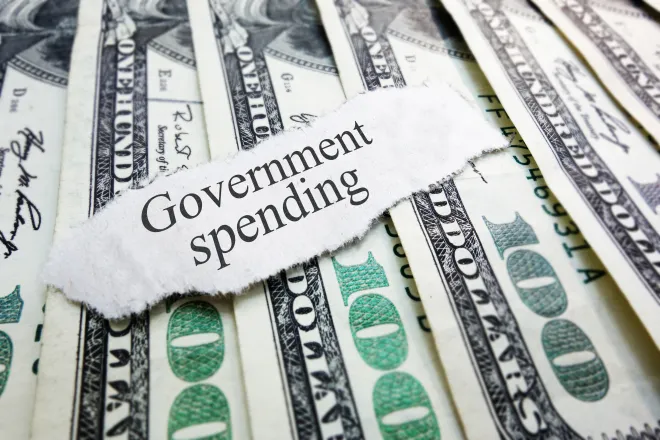
U.S. debt default could cost 6 million jobs
(The Center Square) – An economic jolt on par with Great Recession could be around the corner if the U.S. defaults on its debt, according to an analysis from Moody’s Analytics.
"That means real GDP would decline almost 4 percent peak to trough, nearly 6 million jobs would be lost, and the unemployment rate would surge to over 7 percent," according to the report. "Stock prices would be cut almost in one-third at the worst of the selloff, wiping out $12 trillion in household wealth."
Moody's Chief Economist Mark Zandi wrote that the ongoing debt debate shouldn't be ignored.
"There is a temptation to brush off the developing debt limit drama, thinking it will end as the others have with lawmakers coming to terms and signing legislation just in time," he wrote Monday. "That would be a mistake given the heightened dysfunction in Congress and the large political differences gripping the nation. Odds that lawmakers blunder either out of intent or ineptness are uncomfortably high."
The U.S. hit the Treasury debt limit January 19. That puts a statutory cap on the amount of Treasury debt outstanding and the ability of the Treasury to issue securities to fund government obligations. That means the Treasury must use "extraordinary measures" to come up with the cash needed to pay its bills. Those measures will be exhausted by early October. If not resolved by then, payments could be missed, according to Moody's.
The default scenarios would be bleak, according to the report.
"Say the debt limit was breached on October 1 and dragged on all month. The Treasury would have no choice but to cut government spending by an estimated $125 billion," according to the Moody's report. "And if there is no agreement in November, another close to $200 billion in spending would need to be cut. The hit to the economy as these government spending cuts cascade through the economy would be overwhelming."

















